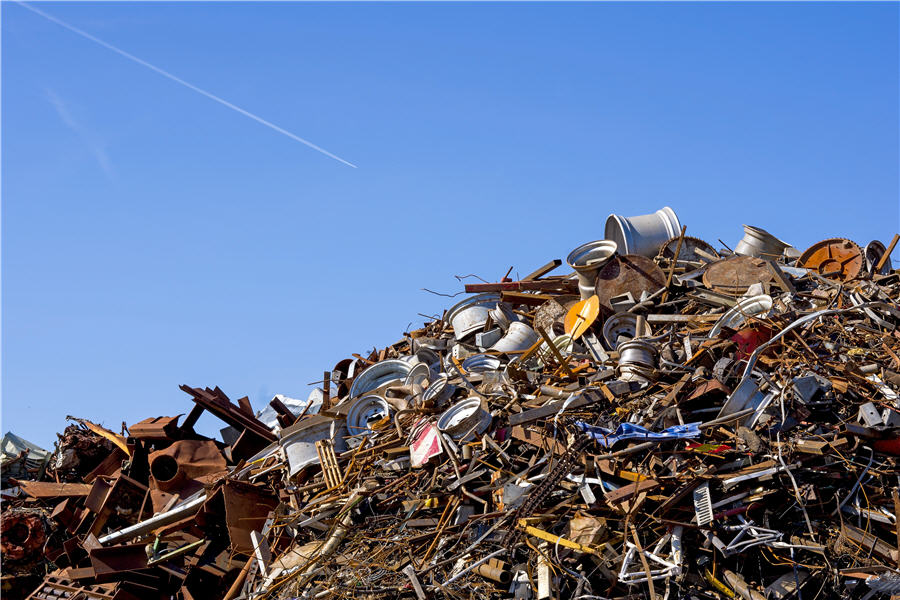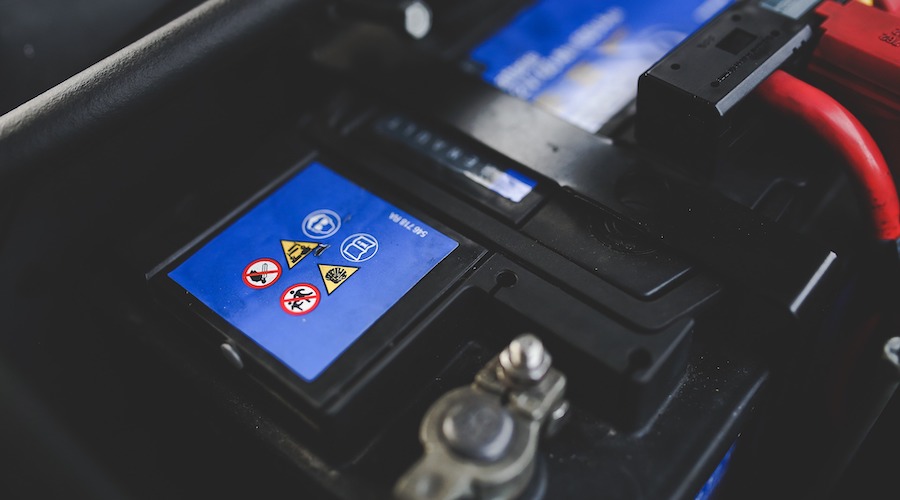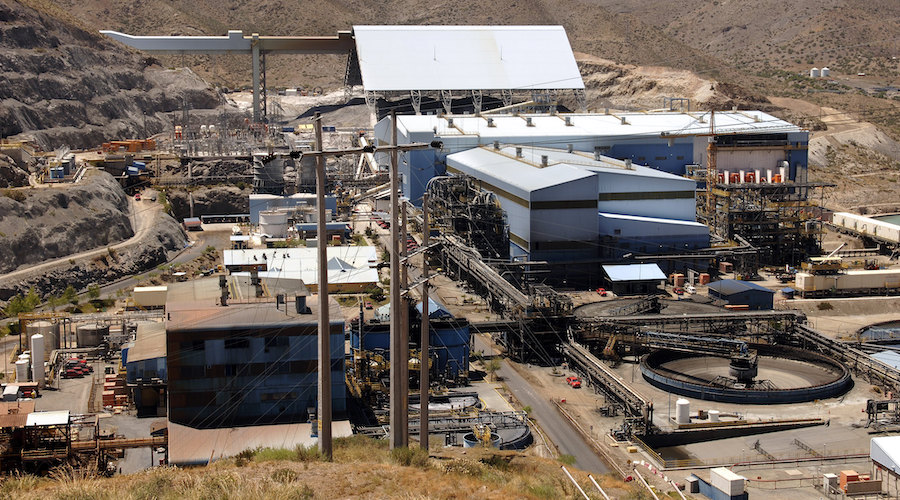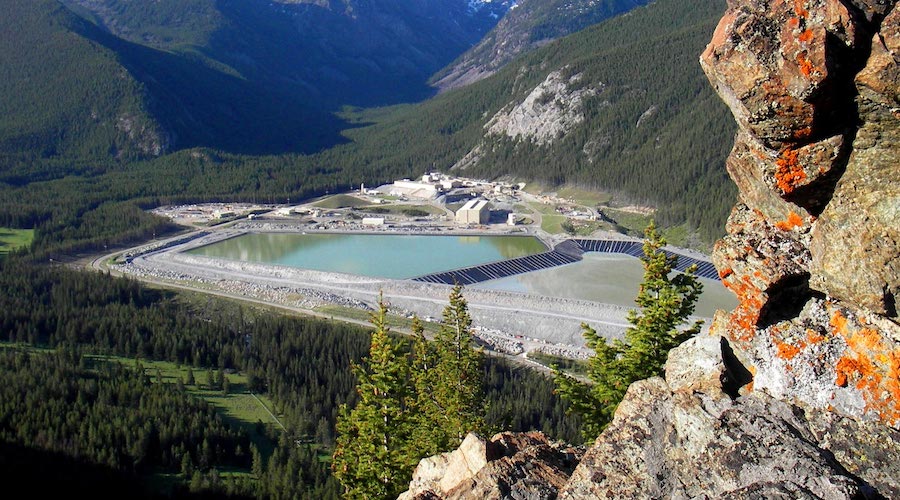EPA funding for battery recycling âpart of the pieceâ in handling of scrap metals, says CEO


The Agency is seeking public comment on battery recycling best practices as it develops voluntary battery labeling guidelines.
Call2Recycle is an Atlanta, Georgia-based non profit that manages the country’s largest consumer battery recycling program. The company is an intermediary of the recycling industry and was created to essentially keep batteries out of landfills, drive awareness and better safety measures in the supply chain, such as fire risk avoidance. It recycled over 8 million pounds of batteries in 2020.
The EPA funding is the biggest investment in the sector Call2Recycle CEO Leo Raudys, a former regulator and course instructor in sustainability and regulatory strategy at the University of Minnesota, has seen.
Its also part of the piece in the context of what the government is doing to address handling of scrap metal materials, Raudys told MINING.com.
“The EPA funding is pretty interesting because its going to really, I think, supercharge the work that needs to happen to get more and more batteries recycled and understand what we’ve been doing for almost 30 years,” Raudys said.
The core of its business is coordinating collection points to recycle and the company oversees public education programs and coordinates pick ups – they have over 16,000 recycle sites in the US alone.
“Technology is in some ways, of all the things we have to do to get recycling done is the easiest thing, but when it comes to recycling batteries its about human behaviour,” Raudys pointed out.
The everyday lesson is don’t throw batteries in with regular trash – they are recycling waste.
“When you look at the demand for the metals that we need to be able to make more batteries, make clean energy technologies, and put EVs on the road, the demand for those metals is going to go up by multiple factors – a lot of that is going to continue to be provided through raw materials – mining,” Raudys said. “But, increasingly its got to come from recycling The demand is that high.”
“When you pull a substance out of the earth and put it into materials, the last thing you want to do is drop it into a landfill,” he said. “You want to actually reclaim it, because these metals can have, essentially, infinite life.”
“We’re not going to supply materials just through mining ores – its got to be a combination of things. Its just reality.”
This post has been syndicated from a third-party source. View the original article here.




